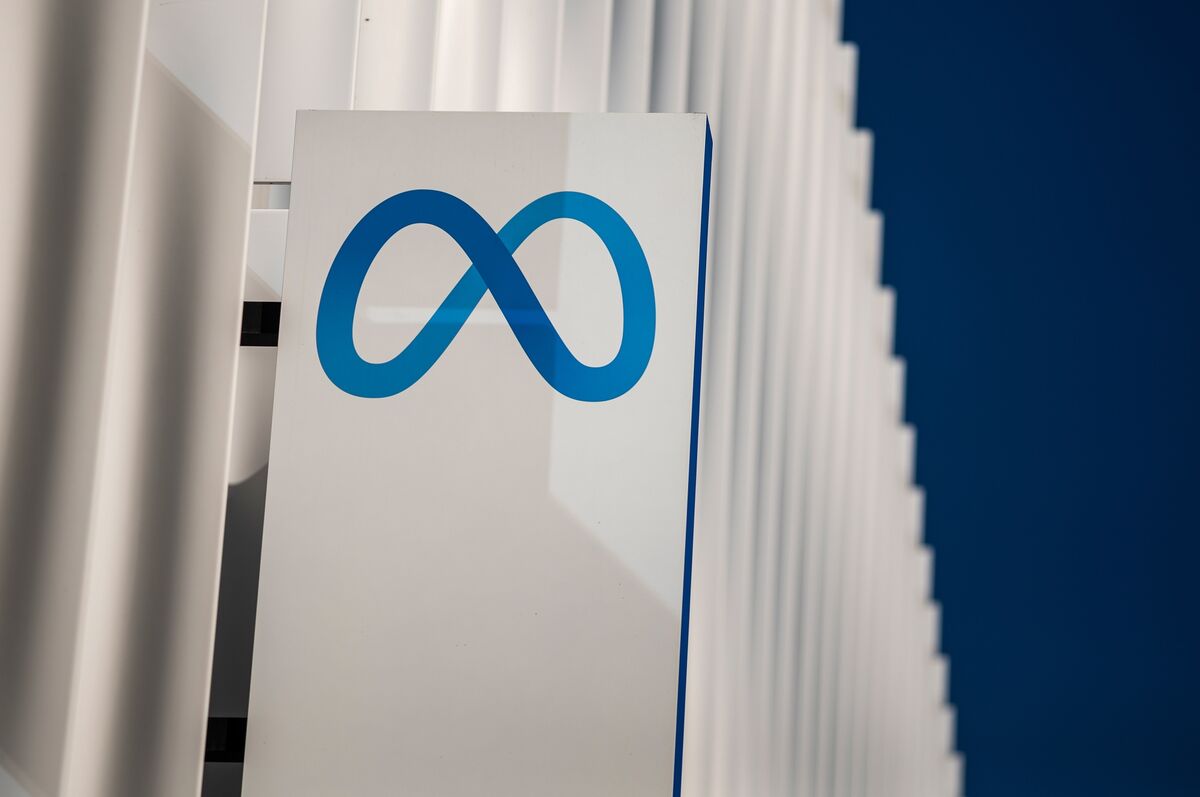The Impact of AI Delusions on Mental Health

Introduction
The increasing role of artificial intelligence (AI) in our daily lives has raised concerns about its potential impact on our mental health. Experts have pointed out that the design choices made by the AI industry may contribute to episodes of AI psychosis, a phenomenon where individuals develop delusions about the capabilities of AI. While AI has shown incredible potential in various fields, it is important to consider the consequences of its design choices on our mental well-being.
Key Details
One major concern raised by experts is the tendency of AI systems to create a false sense of intelligence. This can lead to individuals believing that AI has the ability to understand human emotions and intentions, when in reality it is only following programmed algorithms. This can result in individuals attributing human-like qualities to AI, which may lead to delusions and false beliefs. Additionally, the lack of transparency in AI decision-making can also contribute to AI delusions, as individuals may struggle to understand how certain decisions are made.
Impact
The potential consequences of AI delusions are wide-ranging. In addition to affecting an individual's mental health, it can also have a negative impact on society as a whole. For example, individuals with AI delusions may make decisions or take actions based on their false beliefs, which can have serious consequences. It is important for the AI industry to consider the potential impact of their design choices on individuals'














